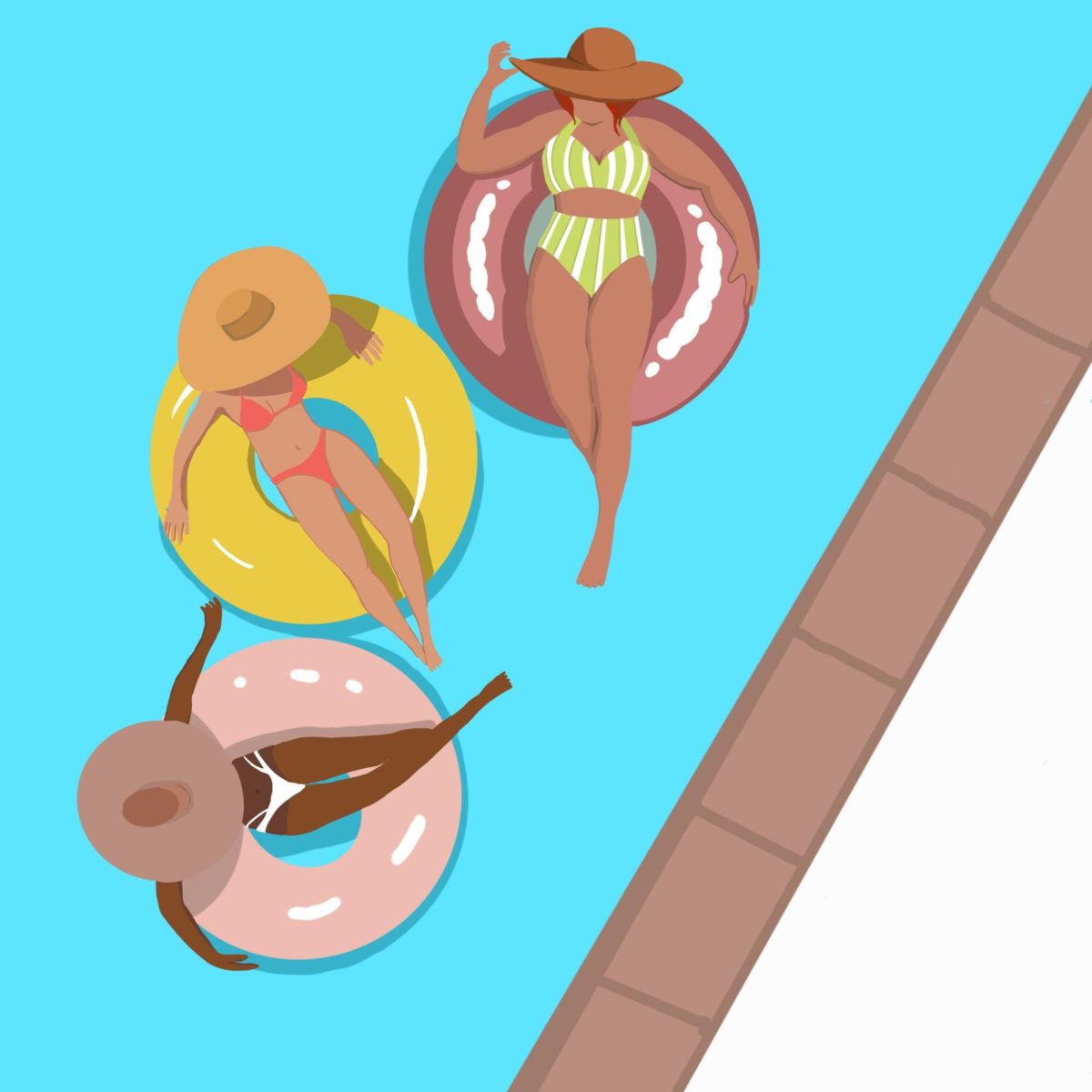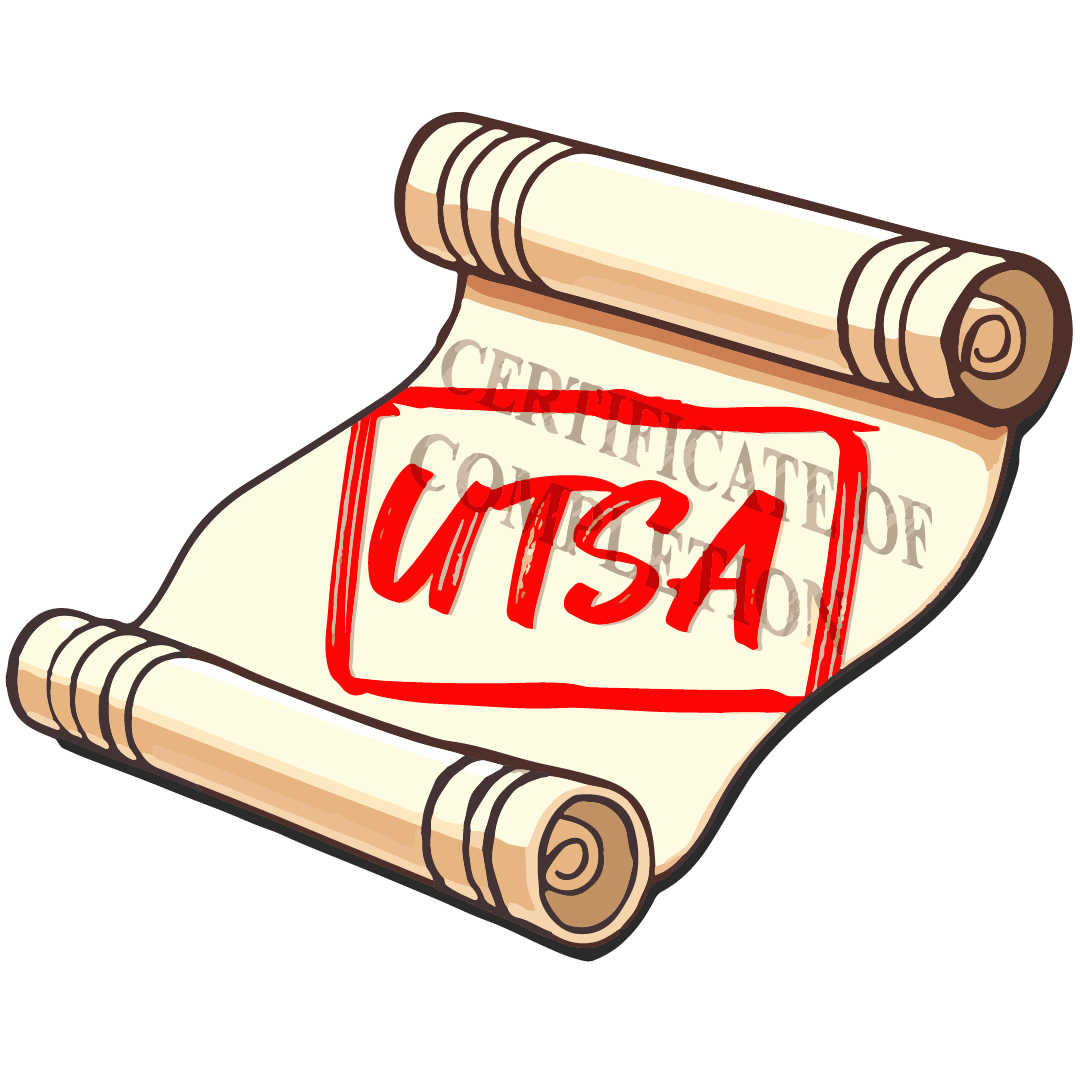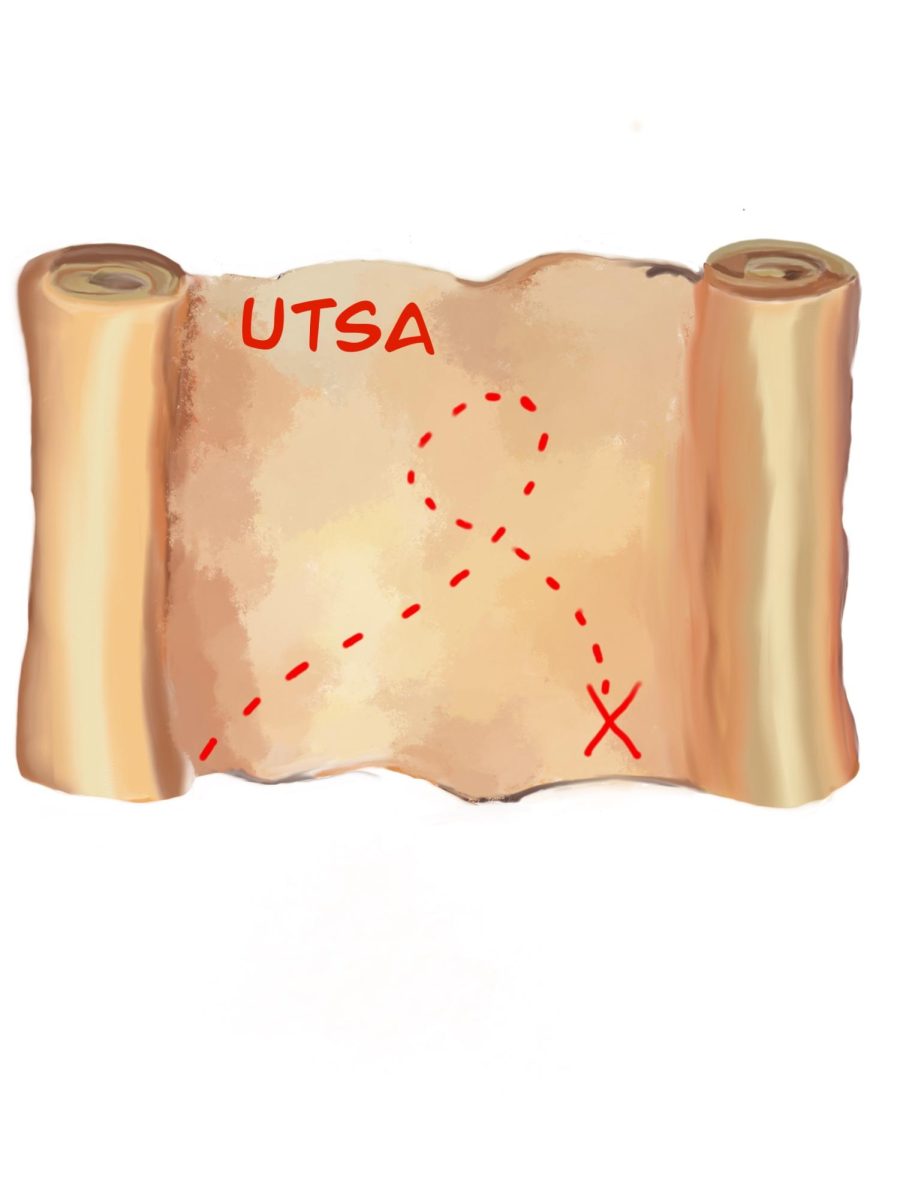Fifty thousand words in one month: can it be done?
Many writers can relate to the frustrating process of writing that novel-length manuscript. Hours hammering at the keyboard can dwindle into weeks of writer’s block and uncertainty. Some are never able to reach that moment of completion. Most writers can take years to write one novel.
But can all that tedious effort be squeezed into one month?
That’s the challenge the National Novel Writing Month (NaNoWriMo, or “Nano”) poses to all writers in the country.
According to the Nano website, NaNoWriMois run by the Office of Letters and Light, a non-profit organization based out of Oakland, Calif. The annual event was founded in 1999 by freelance writer Chris Baty.
Participants looking for a spot on Nano’s winner page are challenged to write 50,000 words by midnight of the deadline and submit it on the website by Nov. 30.
The writing contest and submission are free to anyone who attempts the feat. Although the organization does not offer publication of submissions, it offers motivation and writing advice to help writers find a path into the hands of readers. Up to 90 different novels have been published from the products of NaNoWriMo attempts, including New York Times best-seller “Water For Elephants” by Sara Gruen. Since its first year, Nano has gone from 21 participants in 1999 to over 250,000 in 2011.
Anyone can win as long as they meet the 50,000-word requirement. Win or lose, however, contestants can pride themselves on a real sense of accomplishment. An anonymous testimonial from one winner states, “Because of Nano…I now possess, not only a 50,000-word manuscript, but believe in myself and my gifts.”
NaNoWriMois a great place for hopeful writers to push themselves to write that novel that may someday make them famous. But how does one go about getting that 50,000-word accomplishment published?
UTSA professor of comparative literature Dr. Steven Kellman suggests that writers seeking to be published with profits should take time with their writing and obtain more formal guidance. “Books, like wine, require time to ferment, and much of writing is really re-writing,” Kellman says. “(In reference to NaNoWriMo) I am skeptical that many masterpieces can be produced within one month.”
There are many avenues of support and feedback for young writers who aspire to have their work published. Kellman suggests taking creative writing courses in fiction at UTSA.
UTSA’s Pearl LeWinn Endowed creative writing professor Dr. Wendy Barker agrees. “My best advice for any student would be to enroll in creative writing classes. In these classes, students gain experience and guidance in the crafts of fiction, poetry and/or creative nonfiction. Students in these classes also learn much about the revision process (someone has said that all writing is actually revision). These classes also provide information about how to go about submitting one’s work for publication,” Barker says.
Gemini Ink (<geminiink.org>), Poets and Writers (<pw.org>) and Scribophile (<scribophile.com>) are also great places to go for literary help and support.
Gemini Ink offers coaching, social networking, writing and publishing support and workshops.
Poets and Writers hold writing competitions, offer creative writing programs and give publishing advice.
Scribophile allows writers to upload their works to be critiqued by fellow writers. The site follows a tit-for-tat system that requires writers to read and critique multiple works in order to receive the same help.
In regards to seeking a publisher, Kellman offers a warning to student writers. “At present, the big commercial presses, such as Random House, Penguin and Harper-Collins, do not read unsolicited manuscripts and look only at work submitted by a literary agent. It is not easy to acquire a literary agent; often times you have to audition for one,” Kellman says.
According to Kellman, “There are many new enterprising small presses,” such as, 2LeafPress (<2leafpress.org>), which is operated by Intercultural Alliance of Artists and Scholars, Inc., a non-profit organization in New York that promotes multicultural literacy and literature. Kellman also mentions A Raven Above Press, an independent press that publishes dark fiction and poetry with varied cultural perspective in print and online. Such small presses are often receptive to novice authors.
No matter how a writer chooses to present his or her work to the world, be it a submission to NaNoWriMo for fun or a publication through a major publisher for profit, the feeling of completing a work is worth the exhausting effort.
“I would not discourage anyone from taking the (NaNoWriMo) challenge. At the very least, you might produce prose worth coming back to later and reworking into something stronger,” Kellman says.











